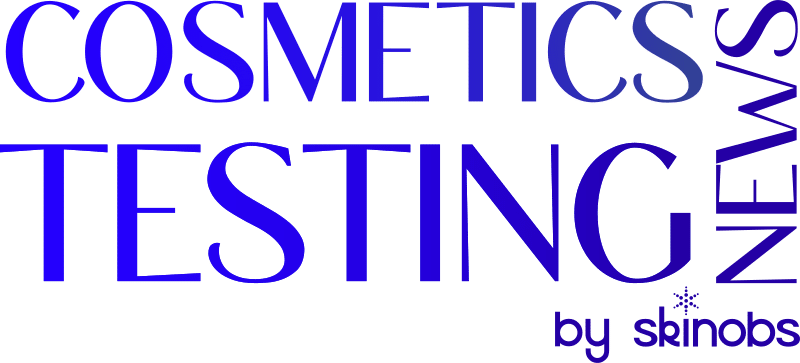In vivo (or clinical) studies demonstrate the efficacy and functionality of an active ingredient, or a physico-chemical effect on the skin surface for an excipient under real conditions of use. Conducted with external partners, these studies deploy the latest technological advances in the fields of cosmetics and dietary supplements, with panels of volunteers from a variety of backgrounds, and notably, geographical areas.
The ingredient is tested at the recommended dose in a formula representative of its final application, the formula’s safety first being validated by our toxicology experts with the study of data on the materials that comprise the formula, and a tolerance test. Efficacy is either measured by a third party or qualified by the volunteer user himself, depending on the study protocol. The randomized, double-blind studies are compared to a placebo formula, i.e. without the tested ingredient or with a reference ingredient.
Expert measurement of efficacy
In an in vivo study, an expert performs biometric measurements and establishes a clinical rating of the effects. This expert may be for example a dermatologist, if the aim is to establish the effect on the surface condition of the skin or hair of a cosmetic or nutricosmetic formula, or a sports doctor in the case of dietary supplements dedicated to sports recovery for the measurement of muscle capacity after intense physical exercise.
By SEPPIC




